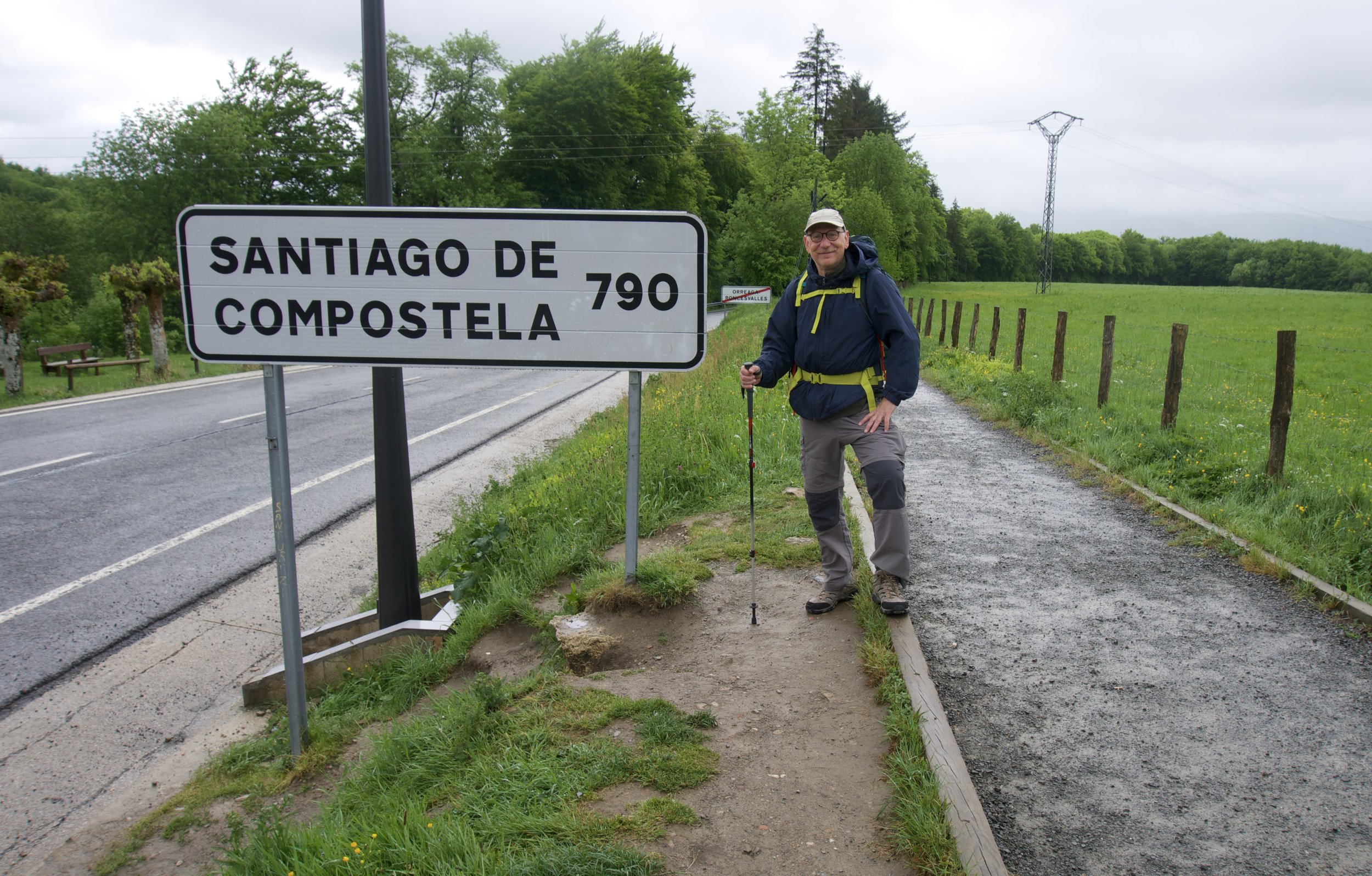CONTRADICTIONS, 3: COLLECTING
The impulse to collect. The first time I remember collecting things was when I was five years old. I became fascinated by my father's modest stamp collection and it sparked a childhood passion to collect. The exotic images on the stamps and even the stamp albums themselves emanated magic and mystery and provided a glimpse into the enormity of the world. Collecting stamps led me to collecting coins, domestic and foreign. My mother used to drop me off at a local bank and I'd stand at a counter and go through countless rolls of coins, looking for buffalo nickels, mercury dimes, liberty quarters, silver half dollars, anything that seemed unusual or rare. I collected political buttons, starting with the 1960 election, my favorite being a JFK button that changed its image when you viewed it from different angles. I had a huge baseball card collection, carefully curated as an 8 or 9 year old, my greatest achievement being a complete set of the 1961 New York Yankees. I collected sports yearbooks, game-day scoring publications, ballplayer signatures. I collected postcards of all sorts, old, new, sent, blank, foreign, domestic, monuments, night views of cities, joke cards, three dimensional ones. In high school I collected books and records and posters and stubs of tickets to rock 'n roll shows. Over the years I kept research papers and essays and letters and notes and hundreds of business cards and mementos of all kinds, ID cards from high school and college, expired passports. When I traveled in Asia when I was 20 I collected pipes and chillums from Iran, Afghanistan, India and Nepal, matchbooks with decorative lithographs on the covers in India, Tibetan woodblock prints in Kathmandu, some textiles. For decades I've seriously collected books. At first it was to build my own library, but It led me to a successful career in which I was able to collect even more stuff, art books, books on Rome, Barcelona, and Tokyo and other places I loved to visit. I collected woodblock-print books on my many visits to Japan, and etchings, lithographs, and other ephemera from my various travels around the world. And then there’s my own art, paintings, sculptures, hundreds of drawings, slides, photographs. And all my father’s paintings and drawings and photographs and other stuff he left.
Collecting has stimulated and excited me and brought me comfort and satisfaction over the years. It feels like an intimate part of my personal history, memories and passions manifested physically. I've thought of the stuff I've collected as almost a physical extension of who I am. The library in particular has seemed like an externalization of my brain, a concrete visualization of all the stuff rocking around up there. It has helped define and motivate me and helped me understand who I am. Recently I've been parting with a large portion of my library and it almost feels like I'm losing sections of my mind.
But there's another side to the equation: Some of the happiest and most liberating moments of my life have been when I’ve been free of stuff. In 2015 I walked the Camino de Santiago, 500 miles across northern Spain. For two months I not only existed but thrived with a total of about 20 pounds of stuff on my back. Life was pared down to essentials, the few things that I needed to make it from the Pyrenees to Santiago--backpack, sleeping bag, a couple of changes of underwear, an extra shirt and pair of pants, medicines and toiletries, some electronics. I've never felt so wide awake and happy for such a sustained period in my life.

